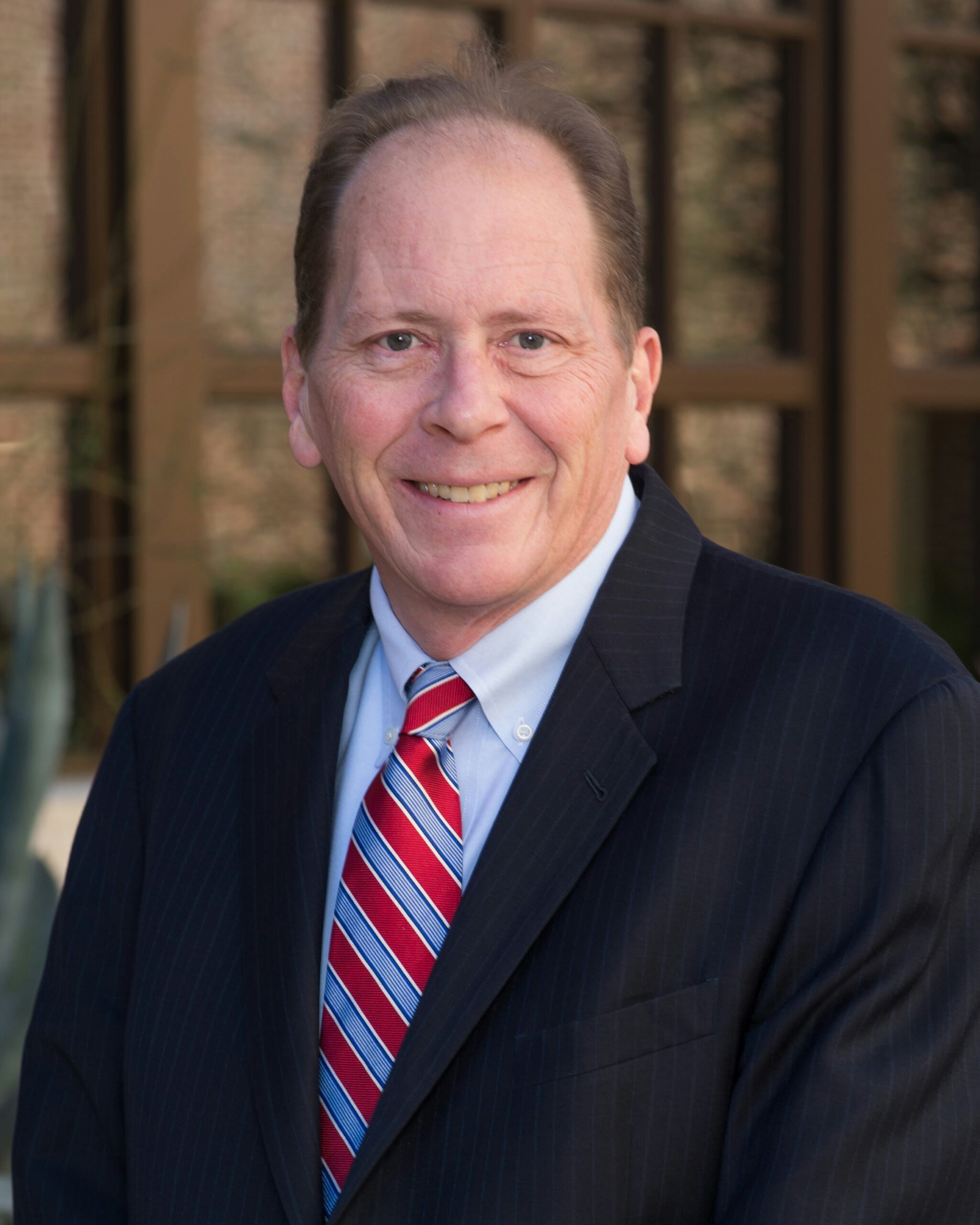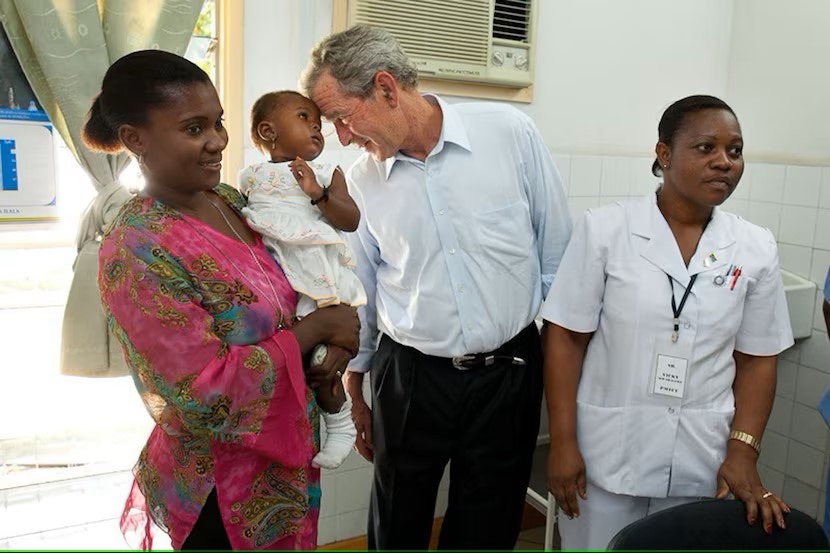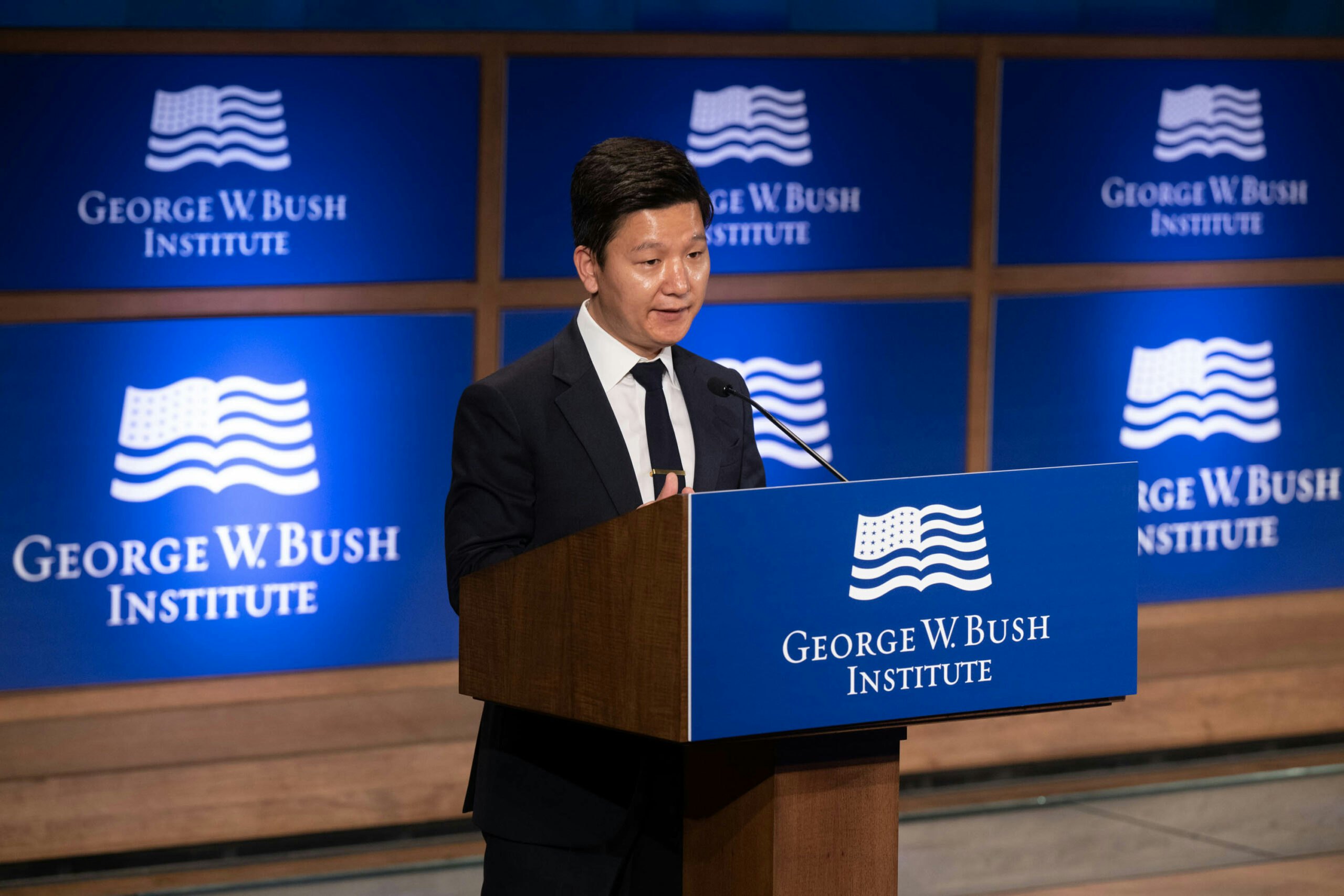Biscet and Morejon were separated and interrogated by security officials for several hours. Their belongings were meticulously searched.
On June 23, Cuban dissidents Dr. Oscar Elias Biscet and his wife, Elsa Morejon, traveled to the George W. Bush Presidential Center in Dallas for a long-delayed occasion. Biscet, a leading nonviolent freedom activist in Cuba, finally received the Presidential Medal of Freedom from President George W. Bush.
Dr. Biscet was unable to receive his award at the 2007 White House ceremony because he was being held as a prisoner of conscience in a Cuban jail.
Although Dr. Biscet was released from prison in 2011, it was not until this year that the Cuban government allowed him to make his first trip off the island. And while there has been a great deal of attention focused on Cuba since the restoration in 2015 of diplomatic relations with the United States, Dr. Biscet’s story reminds us that there has been little positive change for Cuba’s nonviolent dissidents.
While it took nine years for Dr. Biscet to finally have a chance to wear his medal, he didn’t take it home with him. Biscet said he would leave it in Dallas, entrusting it to the Bush Center for safekeeping, “until Cuba was free.”
On August 15, Biscet and Morejon returned to Cuba after their overseas trip. As detailed on the ICLEP blog, edited by former prisoner of conscience Normando Hernandez, they were harassed by the Cuban authorities. Biscet and Morejon were separated and interrogated by security officials for several hours. Their belongings were meticulously searched. When they returned to their home in Havana, they discovered that the security forces had cut down a tree on their property to provide a better vantage point to observe their activities. And both their landlines and mobile phones had been cut off.
For Biscet and others like him, these are among the constant reminders of their struggle for freedom in Cuba. The Cuban government continues to repress anyone who dares to challenge its authority. Indeed, the Wall Street Journal’s Anastasia O’Grady recently wrote that repression has increased since the normalization of U.S. – Cuban relations last year.
Had Biscet taken his Presidential Medal of Freedom home to Cuba, the authorities almost certainly would have confiscated it from him. Yet despite constant harassment, public vilification, and the risks to his safety, he continues his brave efforts to bring freedom to his homeland. As President Bush said in his remarks when presenting the medal, “(Dr. Biscet) continues undaunted in his struggle for a free Cuba. I’m inspired by his unyielding commitment to his people and his nonviolent defiance of an unjust regime. He symbolizes all the brave men and women of Cuba who continue to have a vision for a free and democratic Cuba. We will continue to stand with a great man with a mighty heart, Oscar Biscet.”




























